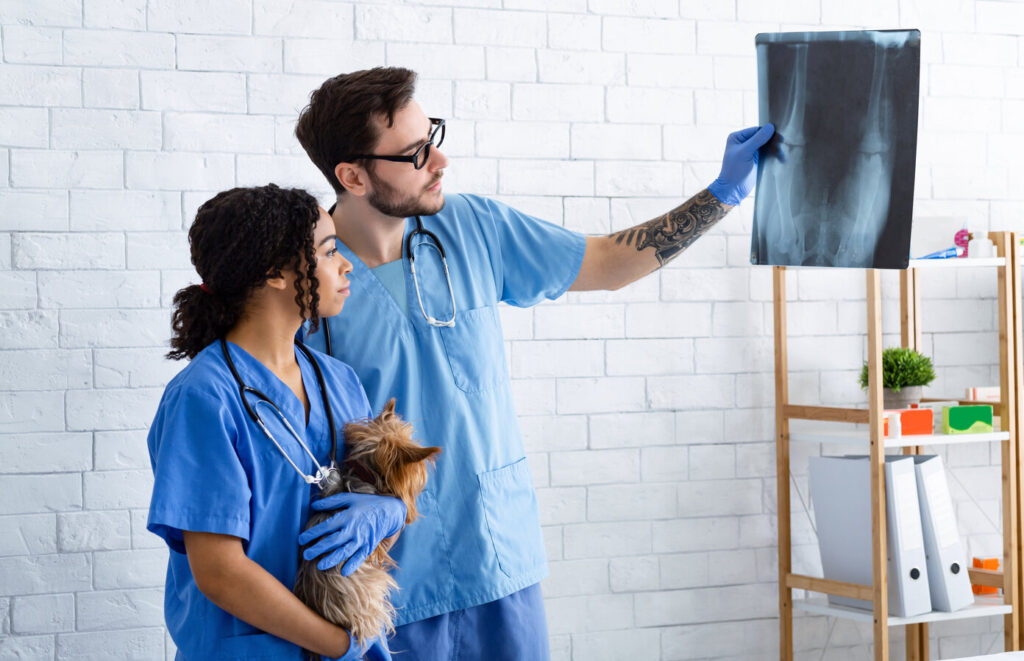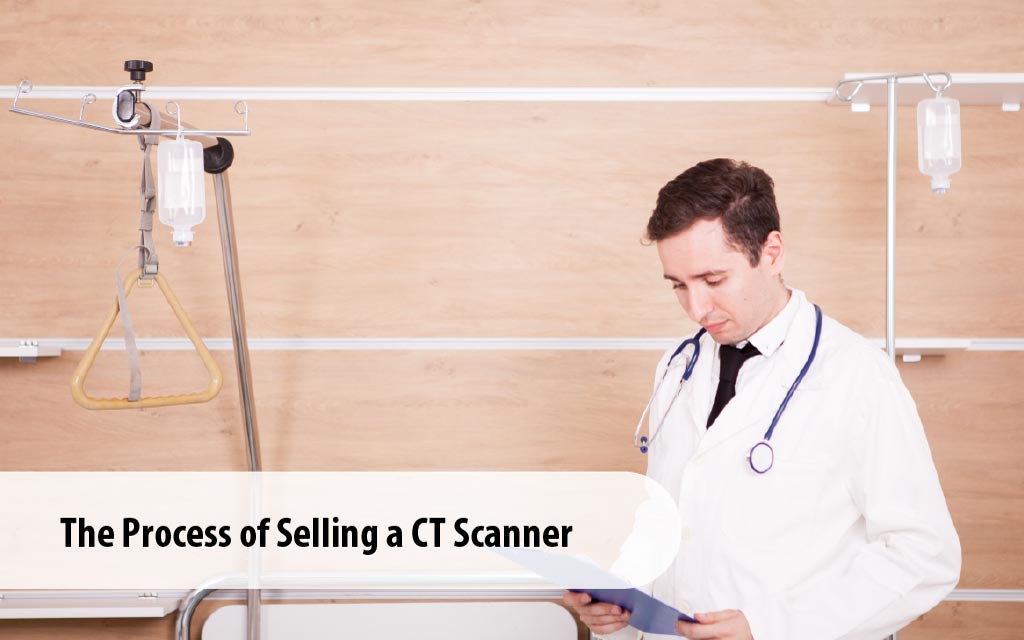
Just a reminder today: MRI machines are not just for people anymore.
In fact, we’ve found that to be true through personal experiences. One of our very own employees experienced certain traumatic physical events happening with her pet over a few weeks and decided to visit a veterinarian about it. With that, the first thing the vet suggested was that the canine pet receives an MRI for the abnormalities.
While we have decided that the results of the MRI were better left to spare, we found that the owner of the canine was, in fact, relieved that she was aware of what the pet was experiencing, in the least.
As people’s obsessions with animals and pets begin to grow, healthcare for pets is also currently at its peak. Pet healthcare has become quite sophisticated over the years. Even using medical imaging techniques has become quite a common practice in the veterinary department. Pet MRIs are now found in nearly every animal specialty practices. Using MRIs for pets is one of the best resolutions for animals as it provides a non-invasive technique for medical diagnosis.
Vets typically use MRI scans for pets to evaluate the following areas:
• An evaluation of the nervous system and an exploration of the any neural tissue disorders. This includes the spine, the brain, and peripheral nerves.
• Tendons, muscles, ligaments.
• Soft tissue lesions.
• Foreign bodies (if any) and chronic wounds.
• Possible nasal, orbital, and ear disorders.
While MRI scans are an excellent way for medical practitioners to diagnose their animal patients easily, it is essential to keep in mind that there are specific measures that need to be taken. When it comes to animal patients, as they cannot express their feelings or understand what exactly is being said to them. Therefore, it is essential to make them as comfortable as possible when conducting an MRI.
In fact, when conducting an MRI for a pet, the animal should be sedated using anesthesia. This is because immobility is necessary for the procedure. Additionally, most medical practitioners require lung x-rays and blood work of the patient before the MRI scan.
It is essential to keep in mind that if one of the pets has microchips on them, it could be a cause for a local artifact. Similarly, if the patient has a metal object located close to the area that is being scanned, the image interpretation could profoundly be affected.
When it comes to particular instances, a study might be non-diagnostic due to foreign metal objects in the body of the pet patient.
You should now be well-informed of the necessary details of MRI scanning for pet patients. Now let us shed some light on you and inform you that MRI scanners are now affordable to veterinary clinics.
We are well aware that MRI scanners can cost a lot, so what better way to obtain the exact same refurbished version of an MRI scanner from your very own Amber USA.
We have a longstanding reputation for issuing quality refurbished and used medical equipment like CT scanners, mammography systems, bone densitometers, and even used digital x ray equipment for sale.
We also provide a variety of offers on used medical equipment. To get your used Philips MRI machine, contact us at Amber USA today for inquiries!
![Just a reminder today: MRI machines are not just for people anymore.In fact, we’ve found that to be true through personal experiences. One of our very own employees experienced certain traumatic physical events happening with her pet over a few weeks and decided to visit a veterinarian about it. With that, the first thing the […]](https://www.sinky.net/wp-content/uploads/2018/01/Untitled-1-1.png)


